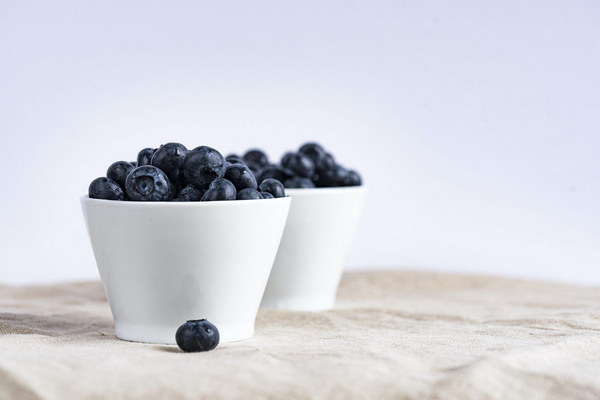Boost Your Vitality Discover How Bell Peppers Can Nourish Your Blood and Qi
In the world of traditional Chinese medicine, the concept of Qi (vital energy) and Blood are fundamental to maintaining a healthy body and mind. While modern science may not fully grasp the nuances of these concepts, certain foods are believed to support and enhance these vital aspects of our health. One such food is the humble bell pepper, also known as the green chili or capsicum annuum. Let's explore the belief that bell peppers can nourish your blood and Qi, and how incorporating them into your diet may contribute to a healthier lifestyle.
Blood and Qi: The Foundation of Traditional Chinese Medicine
In traditional Chinese medicine, blood and Qi are considered the essence of life. Blood is responsible for the transportation of nutrients, hormones, and oxygen throughout the body, while Qi is the life force that animates the body and maintains its balance. Both blood and Qi are crucial for maintaining health and vitality.

According to TCM, when blood and Qi are abundant and flowing smoothly, the body is resistant to illness and able to heal more efficiently. Conversely, when blood and Qi are deficient or blocked, health problems may arise.
Bell Peppers: A Nutritious Vegetable for Blood and Qi
Bell peppers are a nutrient-rich vegetable that can contribute to the nourishment of blood and Qi. Here's why:
1. High in vitamins: Bell peppers are an excellent source of vitamin C, which plays a vital role in the production of collagen, a protein that helps maintain healthy blood vessels and skin. Additionally, vitamin C supports iron absorption, which is essential for red blood cell production and oxygen transport.
2. Rich in antioxidants: Bell peppers are packed with antioxidants, such as vitamin C, vitamin E, and beta-carotene, which help protect the body against oxidative stress and inflammation. By reducing inflammation, these antioxidants may promote the health of the blood vessels and support blood flow.
3. Iron and folic acid: Iron is a crucial mineral for the production of red blood cells, while folic acid is essential for the formation of DNA and red blood cells. Bell peppers contain both of these nutrients, making them an excellent choice for supporting blood health.
4. Probiotic benefits: While not a probiotic food in the traditional sense, bell peppers contain prebiotics, which are fibers that promote the growth of beneficial bacteria in the gut. A healthy gut microbiome is essential for the absorption of nutrients and the overall balance of the body's systems.
Incorporating Bell Peppers into Your Diet
To reap the benefits of bell peppers for your blood and Qi, consider the following tips:
1. Add them to salads: Bell peppers are a great addition to salads, providing a burst of color and flavor. They pair well with a variety of greens, nuts, and seeds.
2. Sauté or roast them: Sautéing or roasting bell peppers brings out their natural sweetness and flavor. Try adding them to stir-fries, omelets, or as a side dish.
3. Use them in smoothies: Blend bell peppers into your smoothies for a nutritious boost. They are particularly delicious when paired with fruits like oranges or berries.
4. Make bell pepper puree: Roast bell peppers and blend them into a puree for a versatile ingredient that can be used in soups, stews, or as a spread for sandwiches.
Conclusion
While the exact mechanisms of how bell peppers support blood and Qi are not fully understood, their nutrient-rich profile suggests they can play a role in maintaining a healthy body. Incorporating bell peppers into your diet can be a delicious way to support your blood and Qi, contributing to overall health and vitality. So, don't hesitate to add this vibrant vegetable to your meals and enjoy its many health benefits!









